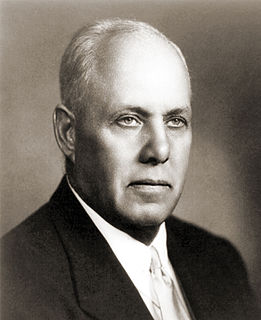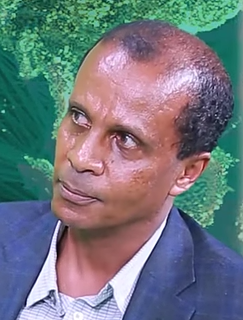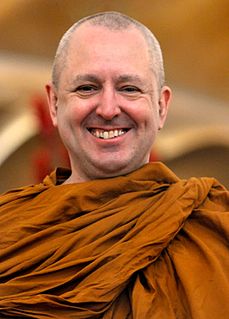A Quote by Rand Paul
I support engagement, diplomacy, and trade with Cuba, China, Vietnam, and many countries with less than stellar human rights records, because I believe that once enslaved people taste freedom and see the products of capitalism, they will become hungry for freedom themselves.
Related Quotes
Let's not use the term democracy as a play on words which is what people commonly do, using human rights as a pretext. Those people that really violate human rights [the West] violate human rights from all perspectives. Typically on the subject of human rights regarding the nations from the south and Cuba they say, "They are not democratic societies, they do not respect human rights, and they do not respect freedom of speech".
One cannot have a trade union or a democratic election without freedom of speech, freedom of association and assembly. Without a democratic election, whereby people choose and remove their rulers, there is no method of securing human rights against the state. No democracy without human rights, no human rights without democracy, and no trade union rights without either. That is our belief; that is our creed.
China likes the idea of sovereign rights when it comes to organizing their politics as they see fit, and their economics. But they may grudgingly come to understand certain things differently in the area of climate or disease. China is a country fairly integrated into the world. Yet China is uncomfortable with this idea because they worry it will constrain their freedom, politically and economically, to do what they believe they need to do to maintain political stability and cohesion.
Freedom is a timeless value. The United Nations Charter calls for encouraging respect for fundamental freedoms. The Universal Declaration of Human Rights mentions freedom more than twenty times. All countries have committed to protecting individual freedoms on paper - but in practice, too many break their pledge.
After visits to several Communist countries (USSR, Poland, Czechoslovakia, Slovenia, East Germany, Vietnam, China, Cuba), I feel strongly that most "revolutionary" types around the world don't realize the importance of freedom of the press and the air, a right to peaceably assemble and discuss anything, including the dangers of such discussions.
There is always a choice." "You mean I could choose certain death?" "A choice nevertheless, or perhaps an alternative. You see I believe in freedom. Not many people do, although they will of course protest otherwise. And no practical definition of freedom would be complete without the freedom to take the consequences. Indeed, it is the freedom upon which all the others are based.
Our modern Western culture only recognises the first of these, freedom of desires. It then worships such a freedom by enshrining it at the forefront of national constituitions and bills of human rights. One can say that the underlying creed of most Western democracies is to protect their people's freedom to realise their desires, as far as this is possible. It is remarkable that in such countries people do not feel very free. The second kind of freedom, freedom from desires, is celebrated only in some religious communities. It celebrates contentment, peace that is free from desires.
Whereas the property-owning middle class could win freedom for themselves on the basis of rights to property--thus excluding others from the freedom they gain--the property-less working class possess nothing but their title as human beings. Thus they can liberate themselves only by liberating all humanity.
"Once there, always there", would give you less freedom than you recently enjoyed, but more security. Security not in the sense of safety from terrorists, burglars, or pickpockets... but security in the sense of knowing where you are, who you are, on what kind of future you can count, what will happen, whether you will preserve your position in society or whether you will be degraded and humiliated - this sort of security. This sort of security for many, many people - a rising number of people - looks at the moment more attractive than more freedom.


































